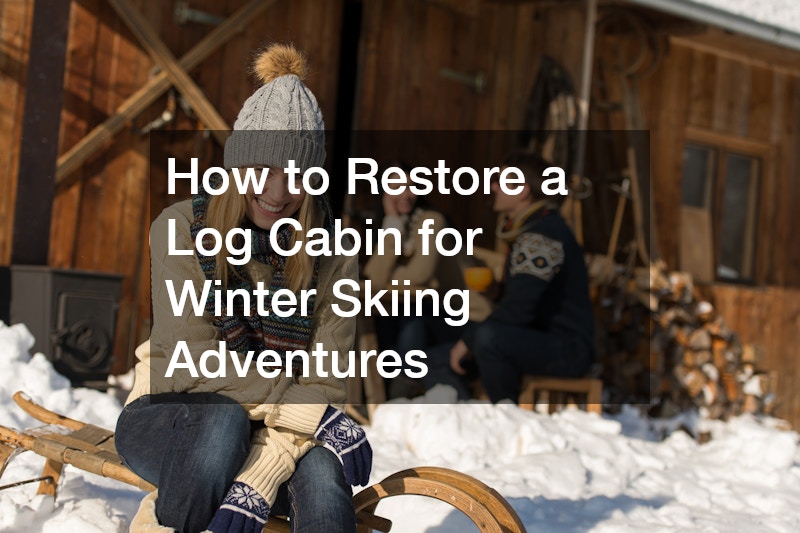

For all the good it does by bringing people together, technology has a tendency to find its way into nearly every aspect of our lives as people are constantly plugged into the internet. While this is all fine and good, many people fear that we are losing a significant part of ourselves due to the overbearing nature of technology. For this reason, many people are retreating back to the outdoors in order to better connect with nature and enjoy a world free from the connections that bind us to our everyday lives.
Camping Like a Pro
Camping is one of America’s great pastimes with thousands of campers going on trips every year. While the average vacation costs Americans around $1,415, the average camping trip is significantly cheaper costing just $380 on average. Campers have the option of camping in campgrounds, state parks, or in backwoods if they are prepared and experienced; those that go to a state park typically stay for three or four days. Hiking generally goes hand-in-hand with camping as 34.4 million people participated in hiking activities as of 2013. With a variety of tents, campers, and recreational vehicles available to customize your camping experience, there has never been a better time to leave the phones at home and start blazing your own trail!
Hunting and Fishing
There are over 38 million Americans that regularly hunt and fish. Most of us have become so detached to our food that it has become something of a commodity; hunting and fishing teach valuable survival skills that allow individuals to appreciate nature and to always be grateful for the food on their plate. Many camping trips revolve around hunting and fishing, providing a great excuse for friends and family to get together and live off the land for a short while. Up to 81% of fishing trips are spontaneous or planned within a week before heading out; most hunting trips are planned out a bit further in advance due to seasonal restrictions and hunting licensing.
Being Prepared With the Bear Necessities
When camping, it always pays to be prepared. Typical supplies one will need include a first aid kit, flashlight, toiletries, cooking utensils, a map and compass, and other gear depending on your region and climate. For those camping in bear country, a few extra precautions ought to be taken, especially for those camping in backwoods areas. Bears have a keen sense of smell that is up to seven times more powerful than a dog’s as they are able to smell food from over a mile away. Although they normally avoid humans, there have been incidents of bear attacks from campers that have left their food out or improperly stored; ensuring that you cook at least 100 feet away from your camp downwind is a good idea to avoid unexpected visitors. Many campers choose to invest in specialized coolers to keep food safe and undetectable. Many bear-proof coolers are able to hide the scent of food better than traditional coolers, making them a necessity campers in bear territory shouldn’t be without. A bear-proof product is one that has been designed to survive up to an hour with a bear; since some mature brown bears have been recorded to weigh up to 1,500 pounds, one can rest assured knowing that these products are built to last. Remember to always familiarize yourself with local wildlife and ecology prior to venturing out into the outdoors to ensure that you are properly prepared to enjoy nature in all of its splendor!
